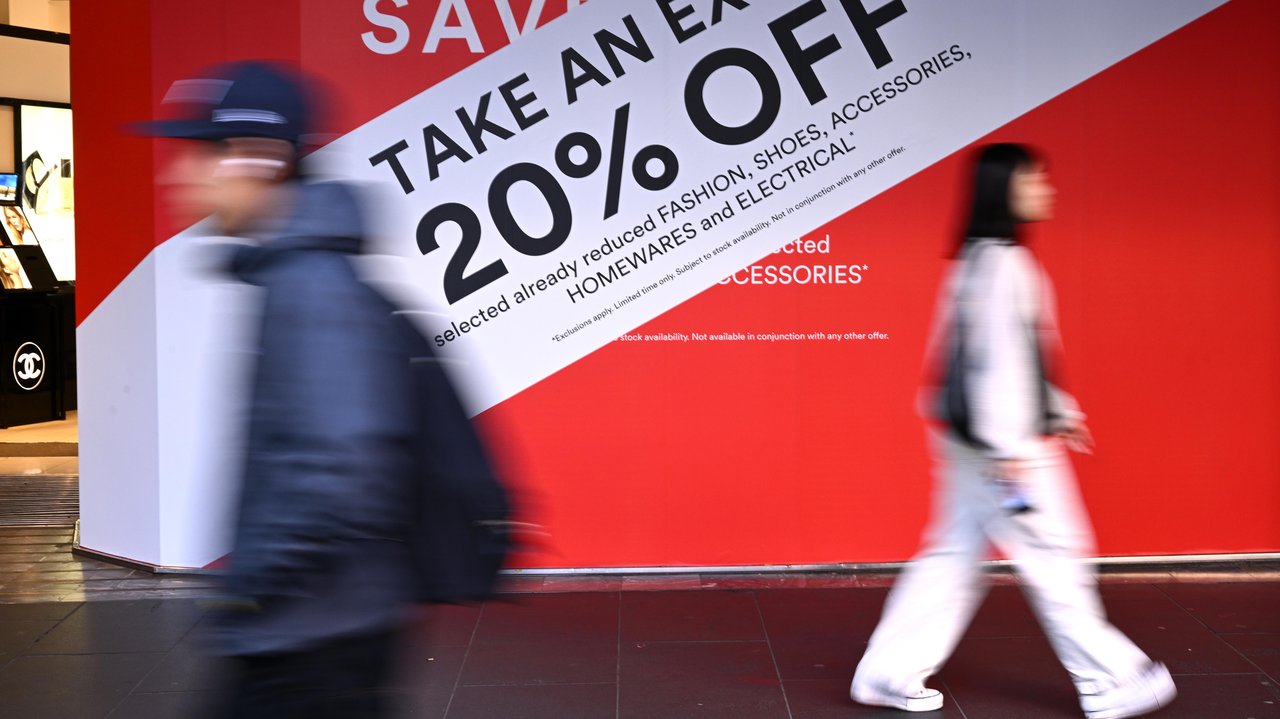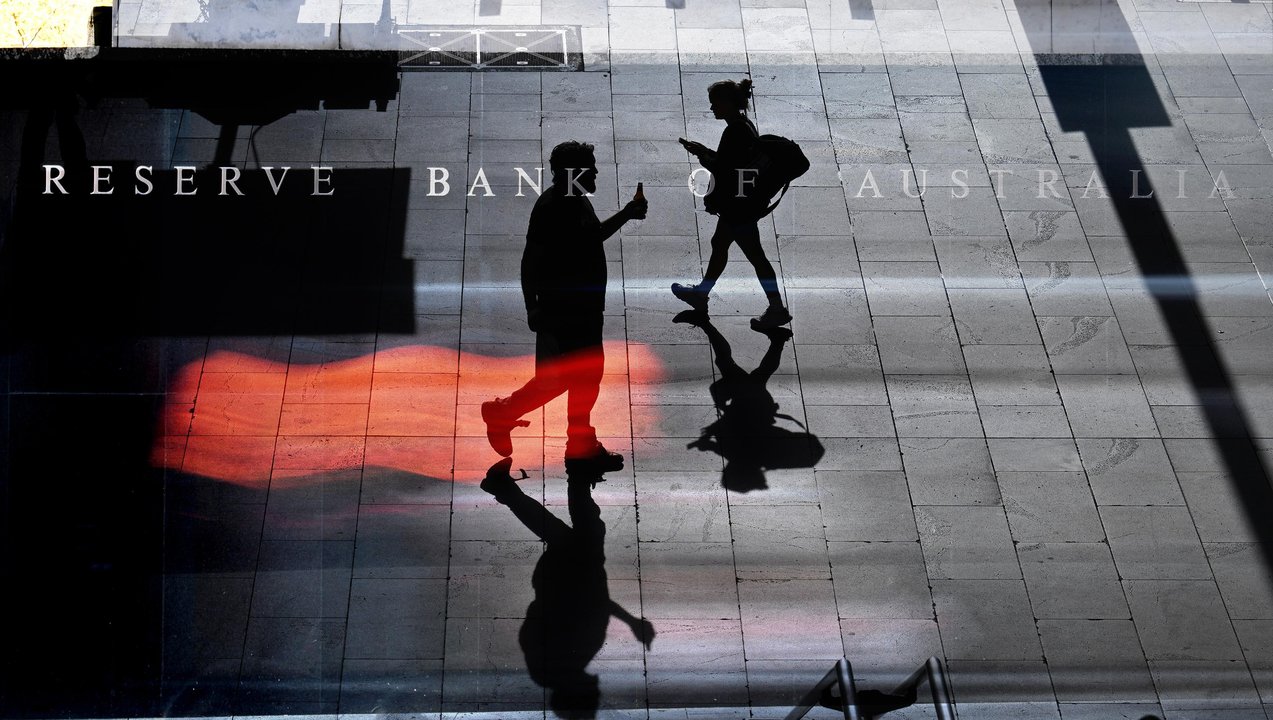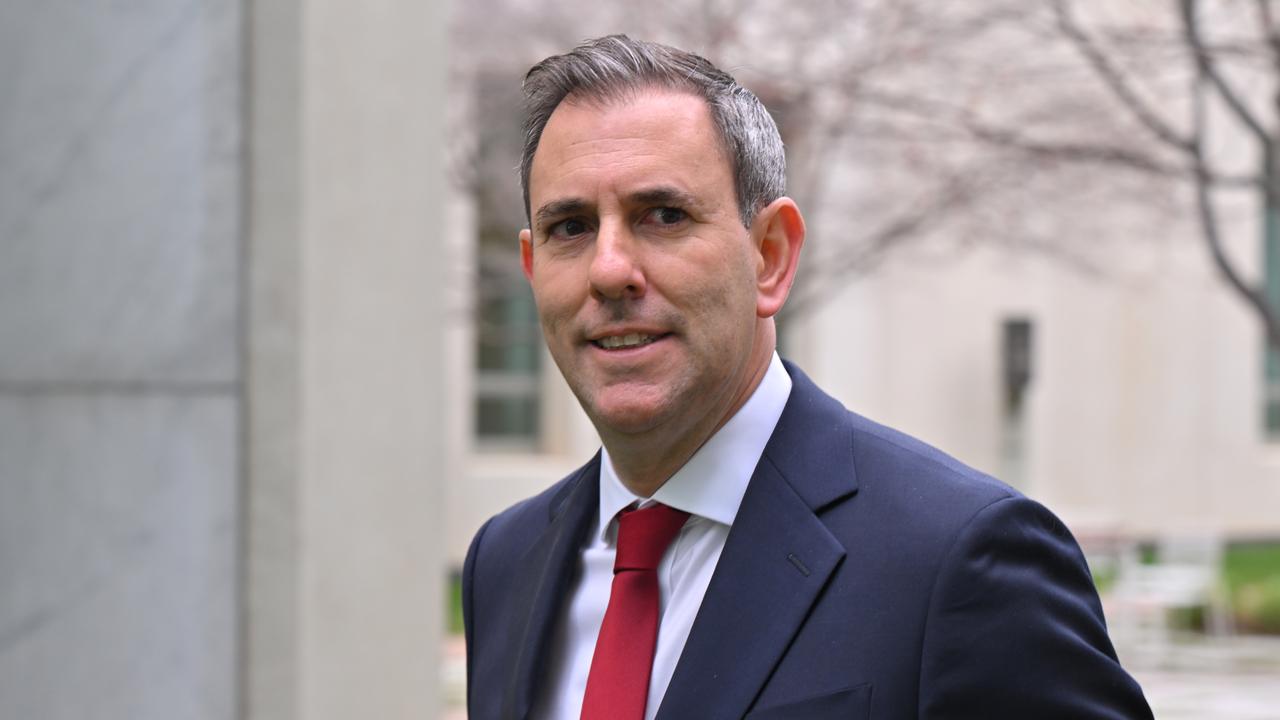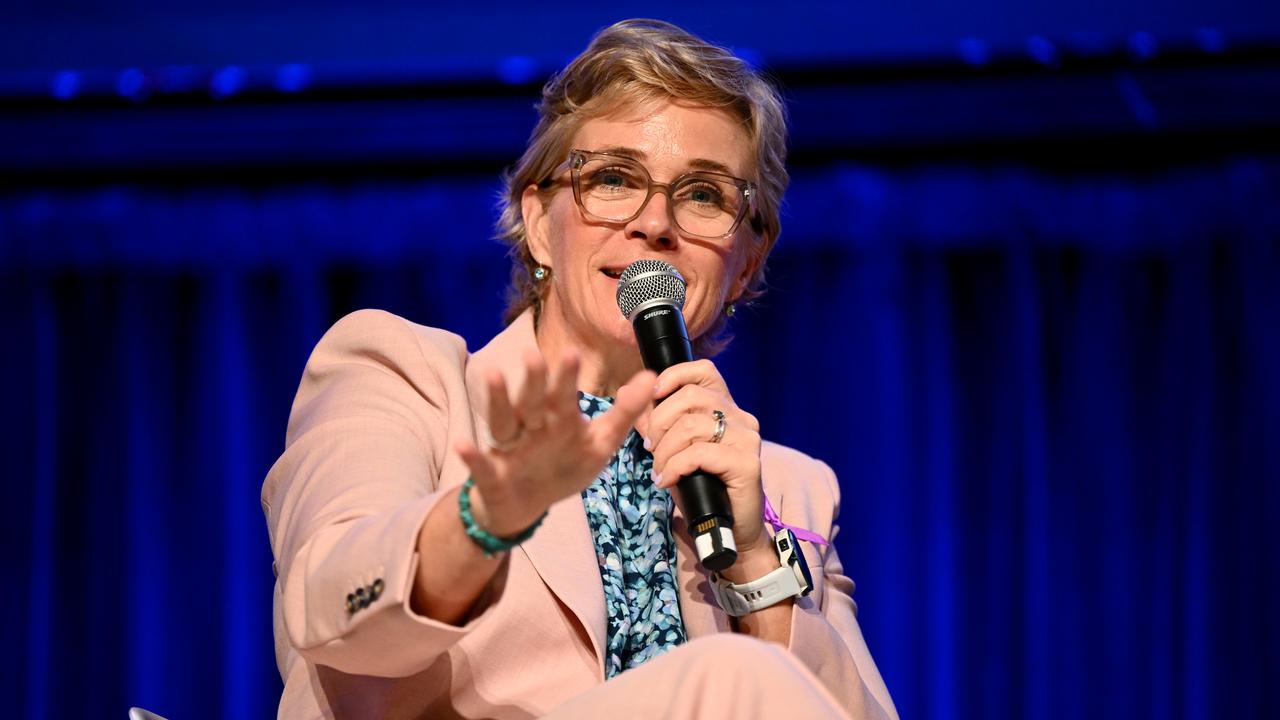
A promising fall in inflation has been heralded by a top Reserve Bank of Australia official, whose dovish comments will reinforce expectations of another rate cut.
The central bank’s deputy governor, Andrew Hauser, said data released by the Australian Bureau of Statistics a day earlier was “very welcome”.
The RBA’s preferred measure of inflation, the trimmed mean, fell from 2.9 per cent to 2.7 per cent in the June quarter.
Mr Hauser said the central bank had been looking for more evidence that inflation was moving sustainably back to the midpoint of its two to three per cent target band.

“And we’ve had another piece of that jigsaw yesterday,” he told an economic forum hosted by investment bank Barrenjoey on Thursday.
The central bank official reiterated the RBA’s strategy of ensuring interest rates brought inflation back to 2.5 per cent sustainably while keeping unemployment low.
“And to do that through a policy that is gradual, considered, measured. There’s lots of words – predictable,” he said.
The RBA stunned analysts by leaving rates on hold in July, with governor Michele Bullock telling a recent event its board preferred a “measured and gradual” approach to easing interest rates.
Money markets and economists widely expect the central bank board to lower the cash rate to 3.6 per cent, from a current 3.85 per cent, at its meeting in August.
Another interest rate cut would be “welcome relief” for mortgage holders, Treasurer Jim Chalmers said.

It reflected the “remarkable progress” Australia had made in cutting inflation in the last three years.
“But it’s never mission accomplished because the global environment is uncertain – we’ve got some persistent structural issues in our economy, growth in our economy is soft, and people are under pressure,” Dr Chalmers told ABC TV.
Opposition frontbencher Michaelia Cash said it was a good thing inflation was falling, but Australians were still doing it tough because prices had grown faster and for longer than elsewhere in the world.
“So Jim, take all the credit you like. But the bad news is you’re the architect of the cost-of-living crisis that Australians live under your government,” she told Nine’s Sunrise program.
In a bid to address structural issues in the economy, Dr Chalmers has convened a roundtable of experts, business and unions to discuss Australia’s productivity woes. They will gather in late August.
Building more homes sooner will be a central focus of the roundtable, the treasurer hopes.
“The primary focus there, I think, at the roundtable will be around how we speed up approvals and get the zoning for housing right, because we desperately need more homes,” he said.
But fault lines have opened up between businesses and unions on issues like the use of artificial intelligence.
Peak union body, the ACTU, has called for tougher regulations to ensure AI does not lead to job losses, while business groups have warned against regulation that could stifle the adoption of the technology.

Independent MP Zali Steggall called for the government to appoint a special envoy for AI and the future of work to drive adoption of the technology while addressing growing public distrust.
“I am concerned it’s going to be unions trying to put a lid on it,” Ms Steggall told AAP.
“Look, I am supportive of guardrails. It has to be done safely, but to suggest that you can put the genie back in the bottle is unrealistic.”
The former Winter Olympian on Thursday launched her economic plan to re-energise the economy while speeding the transition to net zero, by encouraging clean energy investment and reducing the cost of housing.